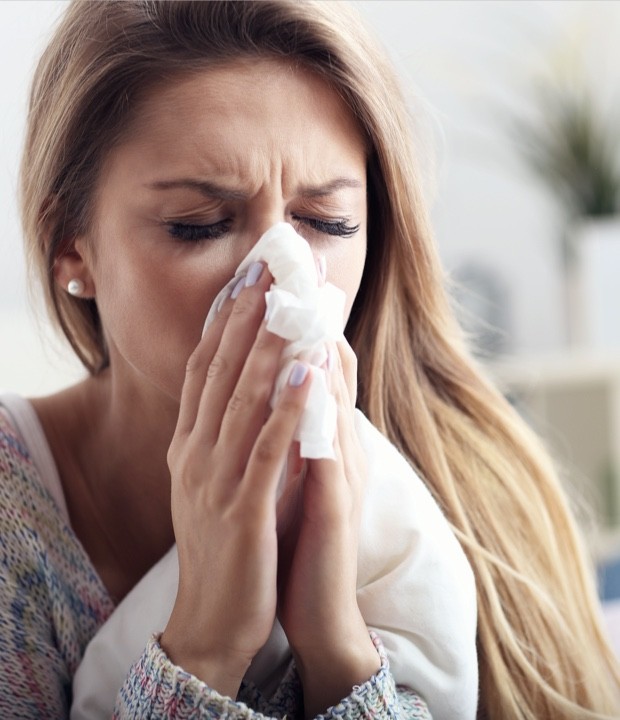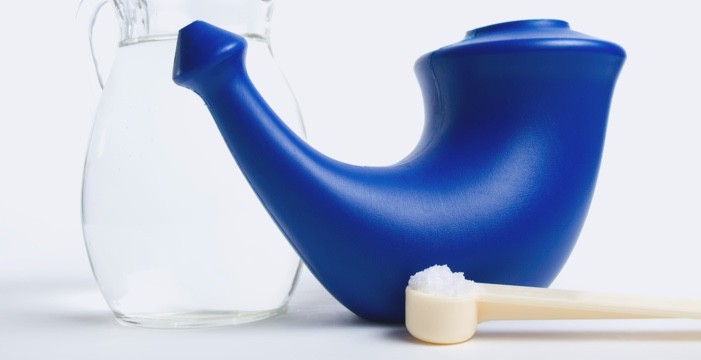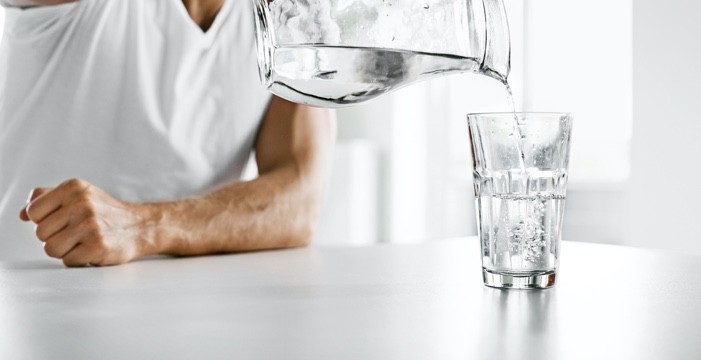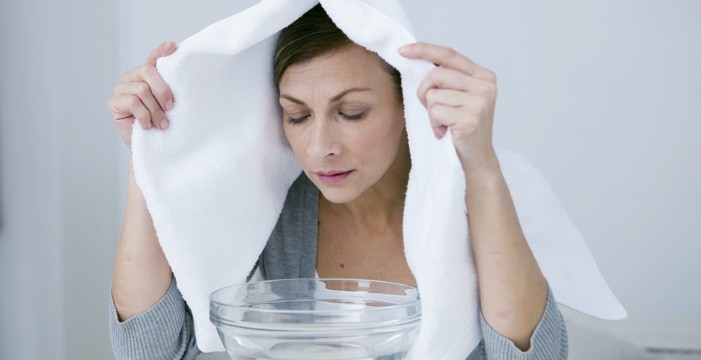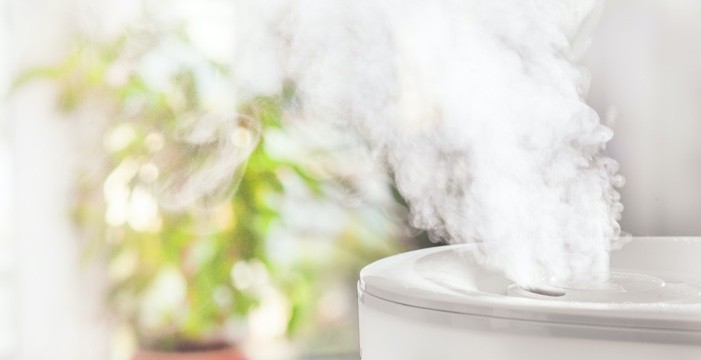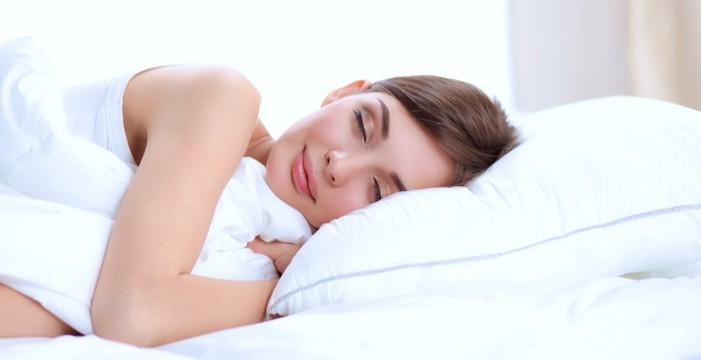Prevention & Nasal Care
In wintertime, the outside air is cold and dry, while the indoor air is even dryer. As a result our nasal passages become dry, cannot protect us which makes us susceptible to germs. One of the most usual winter illnesses is common cold caused by several viruses, with symptoms like a runny nose, congestion and scratchy throat. When the virus moves to the sinuses, we develop a sinus infection otherwise called sinusitis.


